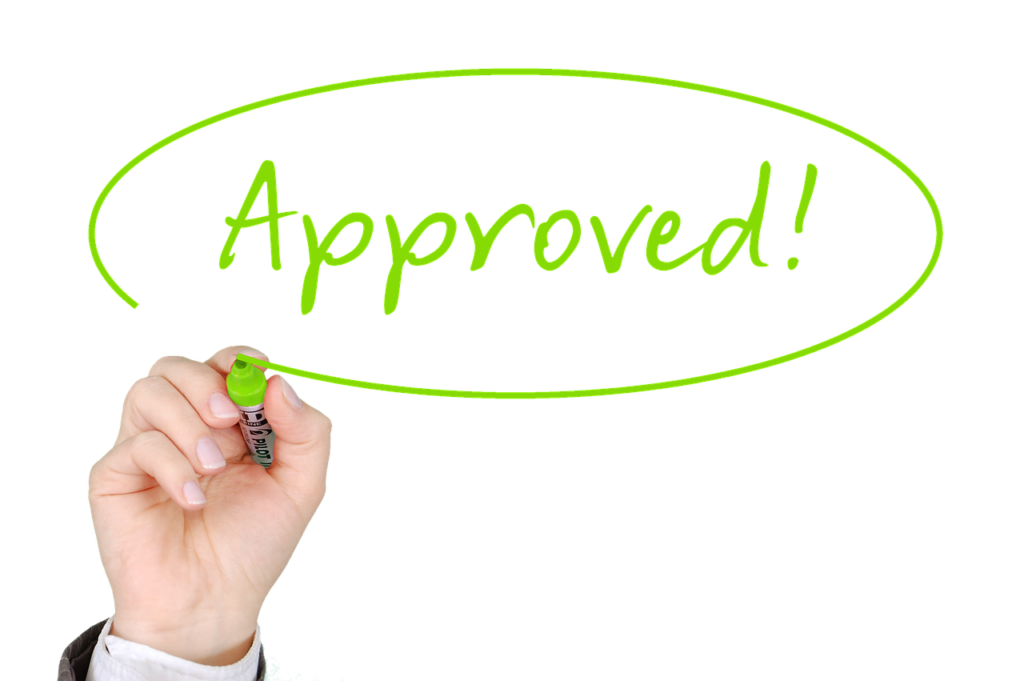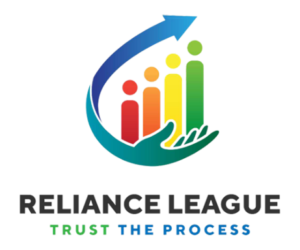Business Credit 101
Let me first say there are a few additional things that you will need to do before taking the steps to build your business credit. For example, you will need to open a business bank account, obtain a Dun & Bradstreet number, list your business with Google My Business, and 411 via List Yourself. To learn more about how to do this, read my How To Start a Business Blog. For all intents and purposes, the following information was written for those businesses that have already taken the steps to begin their business credit building journey as mentioned above. So, let’s get started.
Did you know that net 30 accounts are the most common way to establish business credit? This type of account is similar to personal credit when it comes to applying, making purchases, and paying off balances. The same as personal credit, net 30 accounts will also report your usage, balances, and on-time payments every 30 days to one of the 3 credit bureaus. The main 3 business credit bureaus used in business are Experian, D&B (Dun and Bradstreet), and Equifax. Your personal and business credit need to always stay separate. A couple of ways to achieve keeping your business and personal information separate are to open a business bank account and maintain a separate address for your business. NEVER apply for anything that ask for a PG (personal guarantor) using personal credit.
Business and Personal Credit: The Difference
In a nutshell, business credit is based on your business’s financial history, and it is tied directly to your business’s EIN number. Personal credit is a measure of your personal spending history, and it is tied to your social security number. Both business and personal credit tell lenders how likely you are to repay your debts. Do you even need business credit? YES! You will need funding when it comes time to grow your business. Starting your business credit at the infant stages of opening your business will allow time for your business credit to grow with your company. Then when the times comes to scale up (hire employees, open a secondary business location), you will have no problems getting the funding that you need. It takes anywhere from 12 to 18 months to grow
your business credit. Business credit should only be used for business expenses like day-to-day operational expenses, to purchase inventory, pay the businesses bills (rent, utilities, etc.), and expansion. You should never use personal credit cards and bank accounts to run your small business. Banks, lenders, and suppliers rely on your business credit reports to assess the creditworthiness of your company. Also, if you have strong business credit, you will create a safety net for your business during uncertain times. I have attached an excel document that includes net 30 tradelines, the bureau that each one reports to, and the website for each tradeline. You can use this list to apply to tradelines as your business grows.
What exactly is a net 7+ account?
Anytime there is a net (#), that is how many days they allow you to pay the account back in full. For example, net 7 means you have 7 days to pay that account back. Ideally, you want to choose net 30 accounts as this allows you more time to pay the account in full. *Tip* To boost your business credit score, always pay net 30 accounts back (in full) within 15 days instead of 30. The goal is to get at least an 80 Paydex score.
What exactly is a Paydex score?
The Paydex score is your credit rating. It is similar to your personal credit score, only you don’t need to be in the 800 club to get decent interest rates or high credit card limits. The score ranges from 0 to 100. A 100 Paydex score is similar to an 850 personal credit score. An 80 Paydex score will get you into the top tiers of credit where you will have higher purchasing power and larger revolving credit limits on loans and credit cards. *Tip* The best way to monitor your business credit is by using Nav.com (www.nav.com). I recommend signing up for their Business Boost account because your monthly payments to Nav will report to the credit bureaus thus increasing your score. Be Aware: Once you have received your D&B number, they will periodically call you to sell you their products, which include credit monitoring. If they call, you DO NOT need to purchase products from them for any reason (unless it is a product that you choose to purchase). There is no reason to pay for a similar service twice, as you will already have purchased from Nav.com. Now let’s get started on the steps to starting your business credit.
The Three Steps to Tier Vendor Credit
Step 1: Establish 3 to 5 net 7+ accounts (also known as vendor accounts and trade accounts). You will need 3-5 of these accounts reporting on your Dun & Bradstreet Credit Report for at least 3 months to establish a Paydex Score of 80 (or more). There are a lot of net 30 accounts to choose from and I will supply you with a list of some of them below.
Step 2: Establish Higher Level Accounts. Once you have reached a Paydex Score of 80, you can start applying for other Vendor Creditor accounts such as Gas Stations, Store Cards, National Retailer, etc. Make sure that you only run your business credit, NOT your personal credit. Be sure to read the fine print before you give out your personal social security number.
Step 3: Escalate… You can build up to bigger and more prominent vendors that require you to have built credit relationships with the smaller vendors and retailers. If you follow the steps carefully, your result should be credit cards with higher limits and no personal guarantees required from banks.
Net 7+ Accounts & Tiers
As promised, here are the net 7+ accounts listed in tiers or levels. You want to start with tier 1 and move your way through tier 8. This is not an overnight or even a 30-day list. It will take time to climb the tiers, but done correctly, you will have excellent business credit that you can use anytime and anyplace.
Tier 1 Prerequisites
1. Filed with Secretary of State
2. D&B D-U-N-S Number
3. 411 Listing
Vendors: Uline, Quill, Grainger, Summa Office, and Strategic network solutions.
Tier 2 Prerequisites
1. PAYDEX Score
2. 4 Dun & Bradstreet Trade Lines
3. $250 High Credit Trade Lines
4. Experian and Equifax files established
Vendors: Office Depot, Valero, Citi Bank gas cards, Chevron, BP Gas, Northern Tool, Staples, and Pilot J (easiest one to get a gas card with starting off).
Tier 3 Prerequisites
Same as Tier 2 plus:
1. 6 Dun & Bradstreet Trade Lines
2. $500 High Credit Trade Lines
3. Greater than 3 Trade Lines on Experian / Equifax
Vendors: Best Buy, Northern Tool, Newegg, Sears, and l3store.
Tier 4 Prerequisites
Same as Tier 3 plus:
1. $2,500 High Trade Credit Lines
2. 8 Dun & B Trade Lines
3. Greater than 7 Trade Lines on Experian / Equifax
Vendors: Key Bank (with PG, no pull) Home Depot net 30, Apple Lease (requires age), Costco (requires age) Sunbelt Rentals and Ikea.
Tier 5 Prerequisites
Same as Tier 4 plus:
1. $5,000 High Credit Trade Lines
2. 12 Dun & B Trade Lines
3. Greater than 10 Trade Lines on Experian/Equifax
Vendors: Lowes Revolving/Net 30 Amazon Revolving/Net 30 Home Depot Revolving (PG, no pull) Tiger Direct, and Macy’s.
Tier 6 Prerequisites
Same as Tier 5 plus:
1. $10,000 High Credit Trade Lines
2. 15 Dun & B Trade Lines
3. Greater than 13 Trade Lines on Experian / Equifax
Vendors: Target (requires age) Walmart, Sam’s Club Store Card and Comdata.
Tier 7 Prerequisites
Same as Tier 6 plus:
1. $15,000 High Credit Trade Lines
2. 20 Dun & Bradstreet Trade Lines
3. Greater than 18 Trade Lines on Experian / Equifax
Vendors: Dell Bill Me Later Business, Sam’s Club, and Discover.
Tier 8 Prerequisites
Same as Tier 7 plus:
1. $30,000 High Credit Trade Lines
2. Financial Statement attached to Dun & Bradstreet
Vendor: Ford Motor Credit (Ally Financial).
Tier Notes:
To qualify for Tier 4, your business will need to be averaging $10,000 or more a month. If you make less than $10,000 a month, you can apply for starter loans. Starter loans will require a personal guarantee (use your personal credit to qualify). Starter loans are typically found at banks and personal finance companies. All loan companies will require you to be in business for a minimum of 2 years before you are able to purchase a home.
Need more help? Maybe you want to work on correcting your personal credit? Let a professional in the credit repair industry help you with both personal and business credit.
Contact Audrianna Payton at Reliance League today!
Source Credits: Audrianna Payton
Writer: Jennifer Brown


